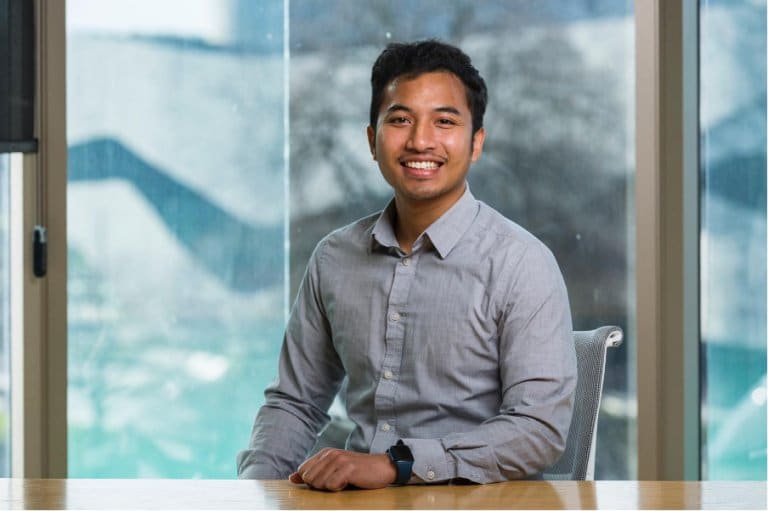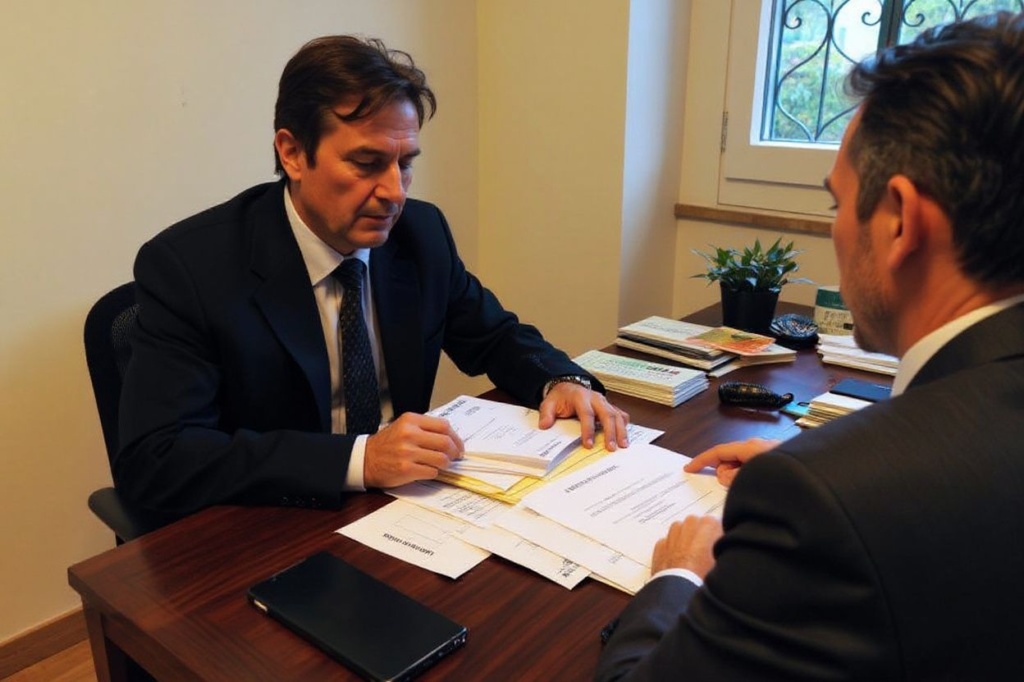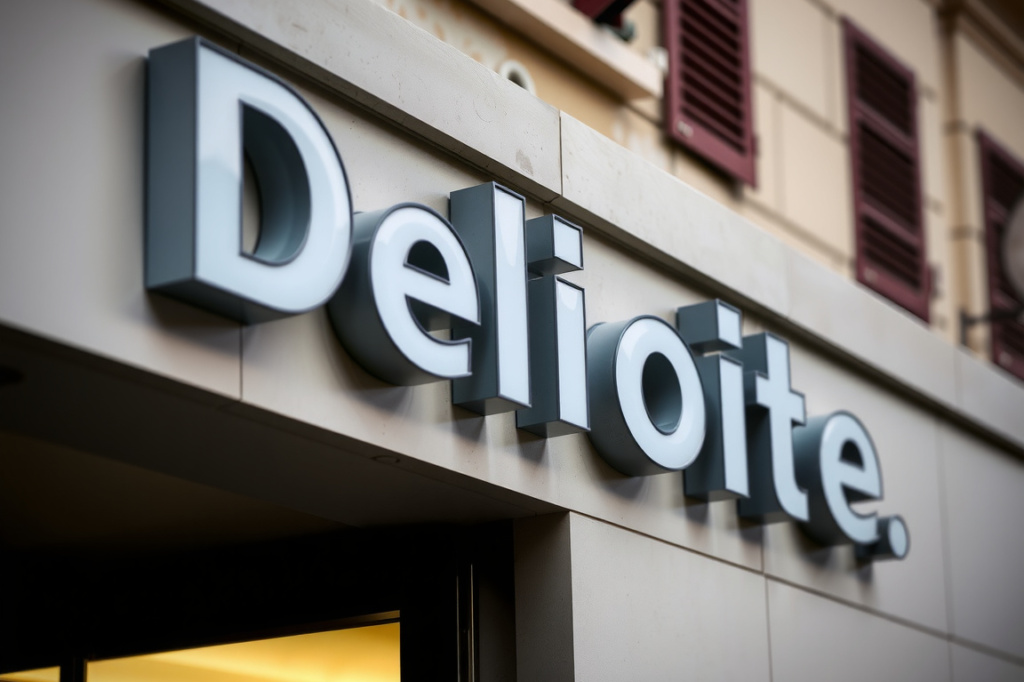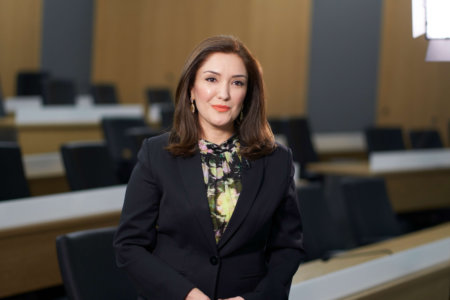
As a child, I used to envision working on a ship instead of being an accountant but have since discovered, that even running a ship takes a lot of financial management into consideration. I am glad to say that this path of pursuing an accounting career was a good choice as I am now on a journey towards discovering how businesses work in both my homeland and the international playing field work.
The accounting profession has also been the most rewarding. I chose accountancy because of the doors this career opens for me, from career advancement opportunities, geographic mobility, and the steady if not increasing demand for highly skilled accountants. All businesses need accounting professionals who are competent, well-versed with international standard practices, and who know the requirements of the local market.
Having clocked in four years in this profession and being a Certified Public Accountant, Malaysia, or CPA (M), as well as a Chartered Accountant, Australia and New Zealand, or CA (ANZ), I took a step back to observe the changes the world is facing and how that has shaped the skill set needed to be a future-proof accountant.
Below are the three tips to get you started on your accounting career:
 An accountant checks tax forms of one of his clients in his office.
An accountant checks tax forms of one of his clients in his office.
1. Be GLOCAL
The terminology of being glocal-ready has become relatively relevant in recent days. Glocal, by definition, is “reflecting or characterised by both local and global considerations.” In a sense, it’s to think globally, act locally. And this has never been more important than now.
Embracing a glocal mindset and capability in accountancy means being able to combine international standard expertise with local country requirements.
As a glocal accountant, one can get a first-hand understanding of how inflation, cost of products, exchange rates, and other factors play a role in impacting business performance and sustainability in both local and international landscapes.
It also gives you a broader perspective that goes a long way when it comes to offering effective solutions for businesses in the local marketplace. This is because you will be able to adopt global solutions that may be useful for local businesses.
Indeed, many Malaysian businesses are planning for global expansion or have global offices that need accounting experts that can guide them on local and international standards, laws, and other regulatory requirements.
There were 11,123 Malaysian businesses registered with the Malaysia External Trade Development Corporation (MATRADE) as of April 30, 2022. These numbers indicate local companies that are keen to participate actively in the international market.
A qualification that combines global and local context is a must. The MICPA x CA ANZ Qualifying Programme from which I graduated was designed to match international requirements plus local country requirements and context. As a result, I was confident when I applied for jobs because of the educational advantage I had over my accounting peers.
I experienced a smooth work transition when I was transferred from Malaysia to Deloitte New Zealand. The education I had prepared me well for an international career. Best of all, I knew what I was doing and that things made sense just as they did when I was in Malaysia. It’s safe to say my preparation at home to be trained as a glocal accountant helped me to be a truly international accounting professional.
2. Always stay on top of the latest developments
It has been a tiring past three years as we have been hit by the pandemic, inflation, and now possibly a recession. As an auditor and a professional accountant, I review accounting papers from many organisations and have seen how various businesses are applying a broad spectrum of strategies that helps mitigate these economical threats.
Companies are now looking to the finance department to help ensure they are following the latest accounting standards and complying with them in the face of the abrupt changes in the economy in recent years.
How one formulates a winning strategy would depend on their experiences as well as training. I recall a situation when the Malaysian Financial Reporting Standard (MFRS) 16 was brand-new at the time. I was working in Malaysia and had no prior knowledge of it. Fortunately, the MICPA x CA ANZ Qualifying Programme that I was enrolled in taught me about it which was very helpful and efficient at work as I could apply it right away.
As a result of my training, I find myself combining what I know about Malaysian accounting practices and international standards often, as a comparative view sometimes helps improve my work by giving me the ability to view things from different perspectives.
 The sign of Deloitte, an audit, consulting, and financial advisory services giant company, is seen on February 18, 2020 in Geneva.
The sign of Deloitte, an audit, consulting, and financial advisory services giant company, is seen on February 18, 2020 in Geneva.
3. Be tech and data-savvy in your accounting career
As a result of geopolitical and global economic factors, companies have also invested in a lot of technology as a method of cost reduction and to increase operational efficiency. Accountancy is no longer the age-old method of flipping through sheets of invoices.
Everything is digitised and we must ensure that we are savvy enough to operate the multiple platforms that are available for record-keeping, tracking, and other purposes.
The way I see it, accounting is about truly knowing a business from the inside out and helping them grow. Bookkeeping (what is being taught in schools) is important, but it is just the tip of the iceberg especially with technological advances making their way into this profession.
These days, analytics derived from financial data is crucial for decision-makers. However, for a person to be able to understand how to analyze financial data, one needs to have proper training.
Professional qualifications like the MICPA x CA ANZ Qualifying Programme that helps provide local as well as global knowledge can give candidates the best of both worlds. By going through the programme, I was able to explore how international and local companies applied different approaches to harness the benefits of technology and financial data analytics provide.
This includes identifying patterns and understanding what business costs to reduce in order to make room for investments that would increase business efficiency as well as promote long-term business sustainability. Here, having the right accounting qualifications will enable future graduates to understand global practices that can be implemented locally.
The accounting industry has been through a rapid transformation, and it can get tough to keep up. To be a skilled accounting professional that moves forward with the current changes, you will need a clearer focus on the industry updates, skill set, technological tools, qualifications, and understanding to future-proof your accounting career.
The MICPA x CA ANZ Qualifying Programme is an opportunity to be this future-proof accountant as it offers a transformative learning experience that is carefully curated to address the current and relevant needs of the industry.
About Author
Izzat Aliyas is an MICPA x CA ANZ Qualifying Programme Alumni. He is currently holding the position as an Audit Assistant Manager at Deloitte (Christchurch) New Zealand specialising in the audit of a wide range of companies in the retail, oil and gas, and plantation industry.
He holds the designations of Chartered Accountant, Australia & New Zealand, or CA, and Certified Public Accountant, Malaysia, or CPA (M), as a result of his membership in both MICPA and CA ANZ (ANZ).










